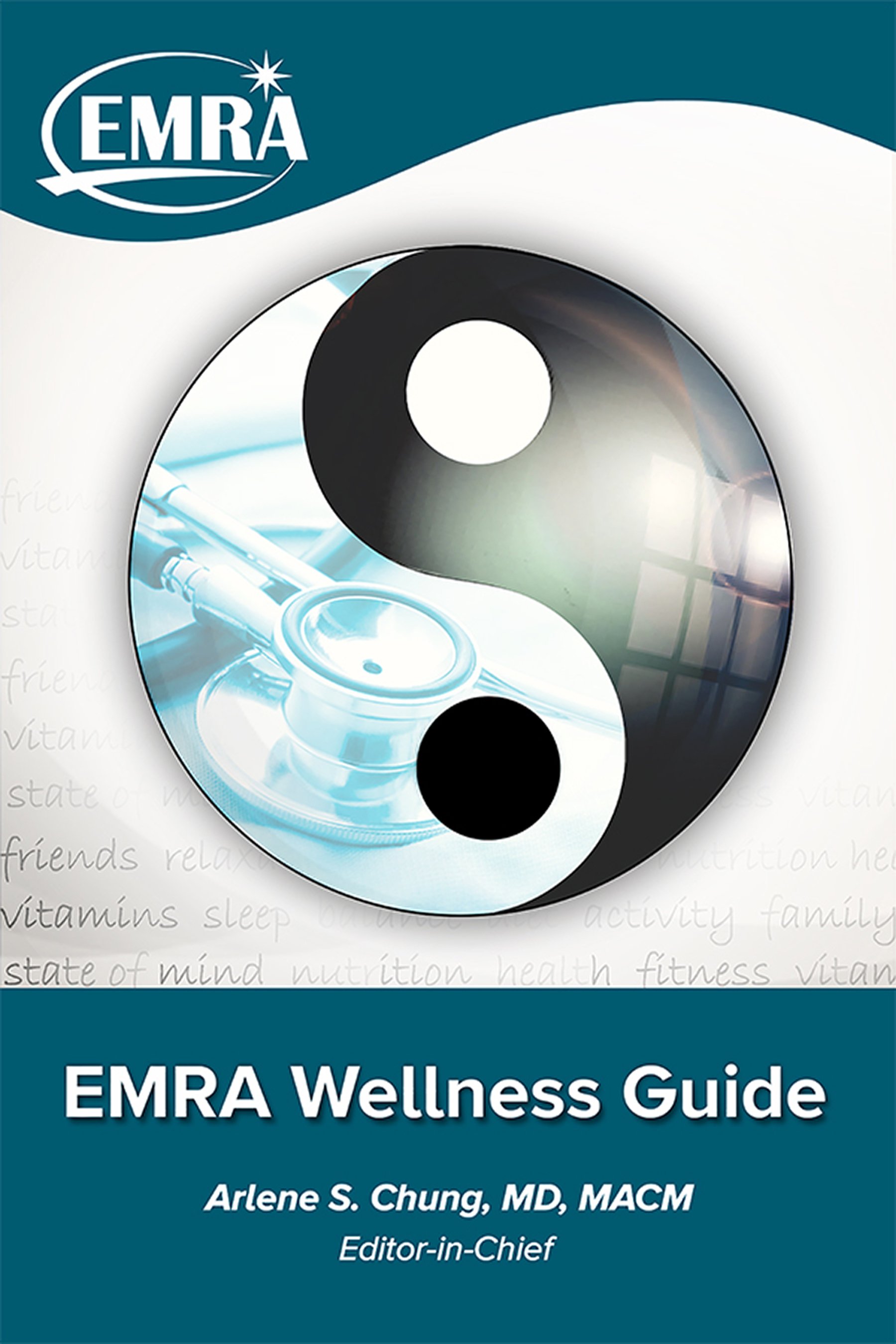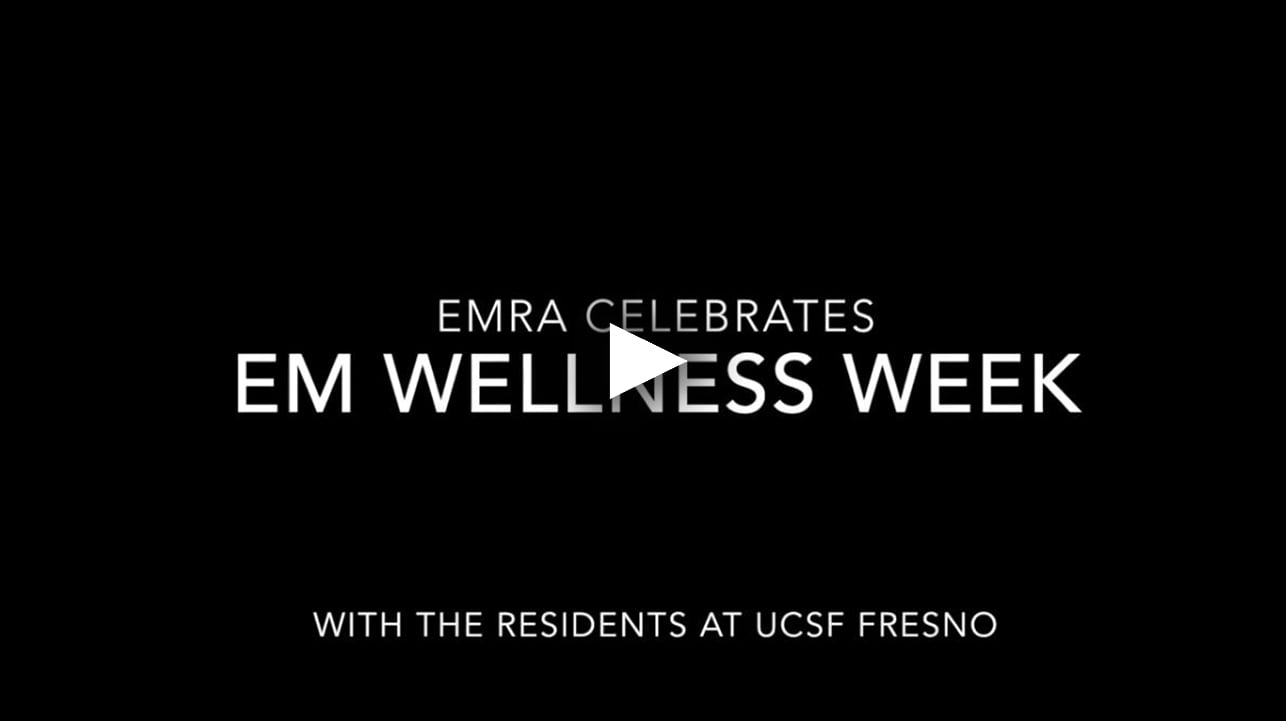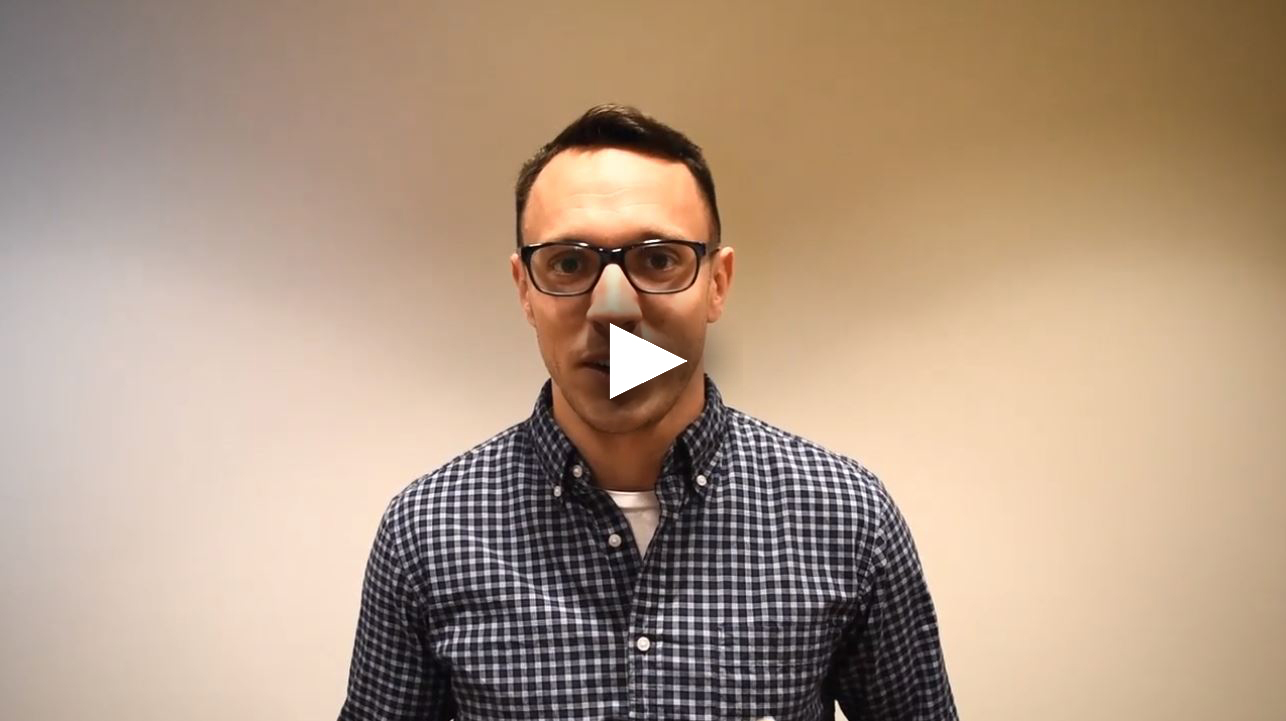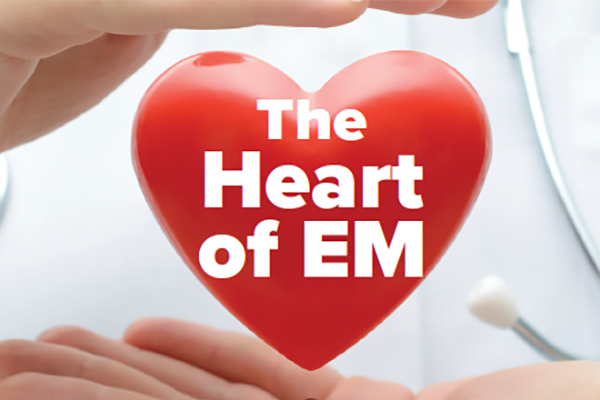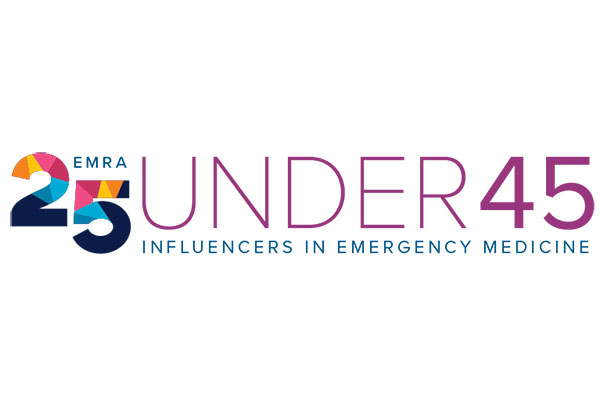EMRA Wellness
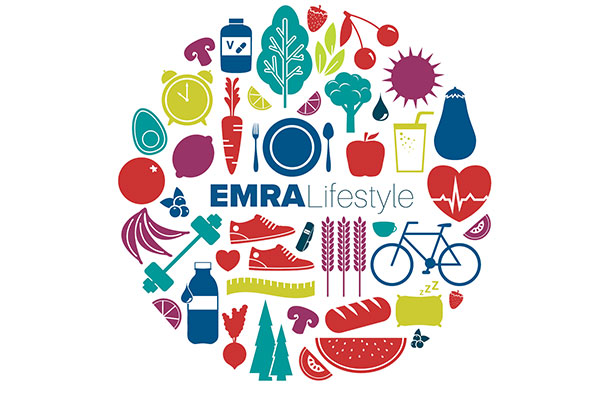
EMRA Lifestyle … fueling our wellness to live our best life!
Wellness LifestyleEMRA Wellness Guide
EMRA Wellness Guide
Published: March, 2018Residency is one of the most challenging times in the career of a physician. In addition to the stressors of working in a fast-paced, high-acuity, and information-poor setting, emergency medicine (EM) residents also have limited autonomy when it comes to shift scheduling, clinical responsibilities, and even financial support. Our vision was to create an on-the-go and easy-to-use resource tailored for EM residents, who may not have the time or experience to know where to find answers to questions like, “How can I make my night shifts more bearable?” or “How do I recover and continue to take care of patients after a bad case?”
Download Nowpdf 717.19 KB
Wellness Committee
Tired? Burned out? Enjoy being well? Join the Wellness Committee to learn ways to combat burn out and interact with like-minded individuals. Get involved with major organizations that have joined forces with EMRA to help fight against physician burn out. Please explore our wellness resources!
Learn MoreWellness Blogs and Hangouts
TOPIC: "Wellness in Emergency Medicine”
Arlene S. Chung, MD, MACM
Assistant Professor of Emergency Medicine at the Icahn School of Medicine at Mount Sinai and An Associate Program Director for the Mount Sinai Emergency Medicine Residency Program in New York City
Watch Now
EM Resident Wellness Articles
Related Content

Aug 25, 2017
Your Home
The Emergency Medicine Residents' Association EMRA is the voice of emergency medicine physicians-in-training and the future of our specialty and the largest and oldest independent resident organization in the world. EMRA was founded in 1974 and today has a membership over 18,000 residents, medical students, and alumni.
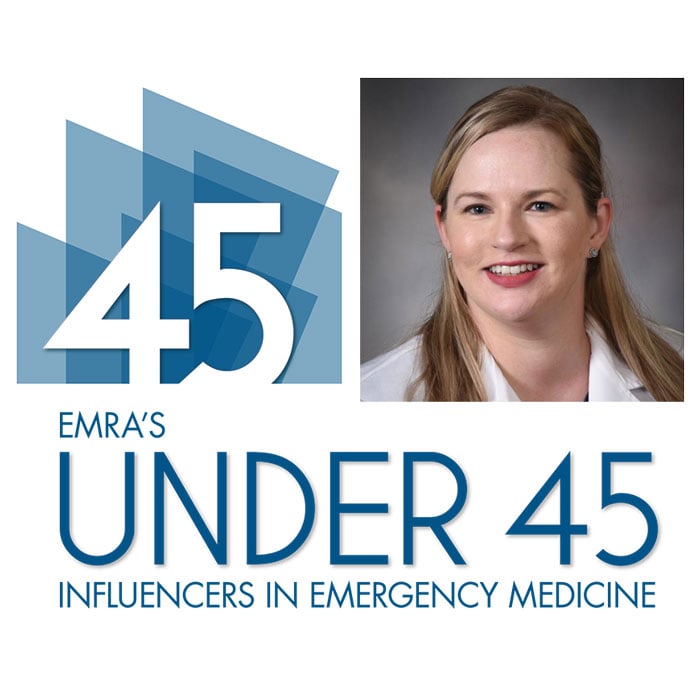
Aug 31, 2019
Nicole Battaglioli, MD, FAWM
As outgoing ALiEM Wellness Think Tank COO, Nicole Battaglioli has devoted considerable time and brainpower to defining and improving resident wellness. Along with being an Assistant Professor of Emergency Medicine, Dr. Battaglioli is the CEO/founder of Komorebi Coaching, lover of wilderness medicine, and promoter of super-sheroes.




